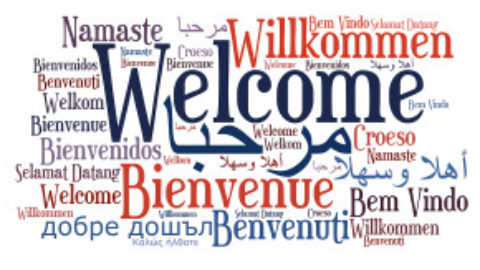The Need for Language Service Providers
In today’s globalized world, businesses and individuals need to be able to communicate effectively with people from all over the world. This is where a language service provider (LSP) comes in. LSPs are companies that offer a variety of language-related services, including translation, interpreting, and localization.
What are Language Service Providers (LSPs)?
More commonly in the US, LSP’s are known as Translation Agencies. Language Service Providers (LSP) are companies that offer varying degrees of translation, interpretation, localization, language, and social coaching solutions. LSPs typically have a team of experienced translators and interpreters who are fluent in a variety of languages. They also have the resources to provide high-quality language services on a timely basis.
Why Do You Need an LSP?
There are many reasons why you might need a Language Service Provider. Here are a few examples:
- You are expanding your business into a new market and need to translate your website and marketing materials into the local language.
- You are attending a conference or meeting where the language of instruction is not your native language.
- You need to provide customer service to customers who speak a different language.
- You need to translate legal or medical documents.
Choosing an LSP
When choosing an LSP, there are a few things you should keep in mind:
What to Look for in an LSP:
- Experience and expertise: They should have experience and expertise in the languages you need. They should also have a team of experienced translators and interpreters who are fluent in the languages you need.
- Quality standards: They should have high quality standards. They should have a quality assurance process in place to ensure that the translations they produce are accurate and error-free.
- Turnaround time: They should be able to meet your turnaround time requirements. If you need the translations quickly, the LSP should be able to accommodate your request.
- Pricing: Their pricing should be competitive. You should compare the prices of different LSPs before making a decision.
How to Get Started with an LSP:
- Start by defining your needs: What languages do you need translated? What is the scope of the translation project? What is your deadline?
- Get quotes from multiple LSPs: Compare the quotes from different LSPs to find the best deal.
- Ask for samples: Ask them to provide samples of their work. This will give you a good idea of their quality standards.
- Make a decision: Once you have compared the quotes and samples, make a decision about which LSP to use.
The Value of LSPs
Language service providers (LSPs) can be a valuable asset for businesses and individuals who need to communicate effectively with people from all over the world. When choosing an LSP, it is important to do your research and choose a provider that can meet your specific needs.












